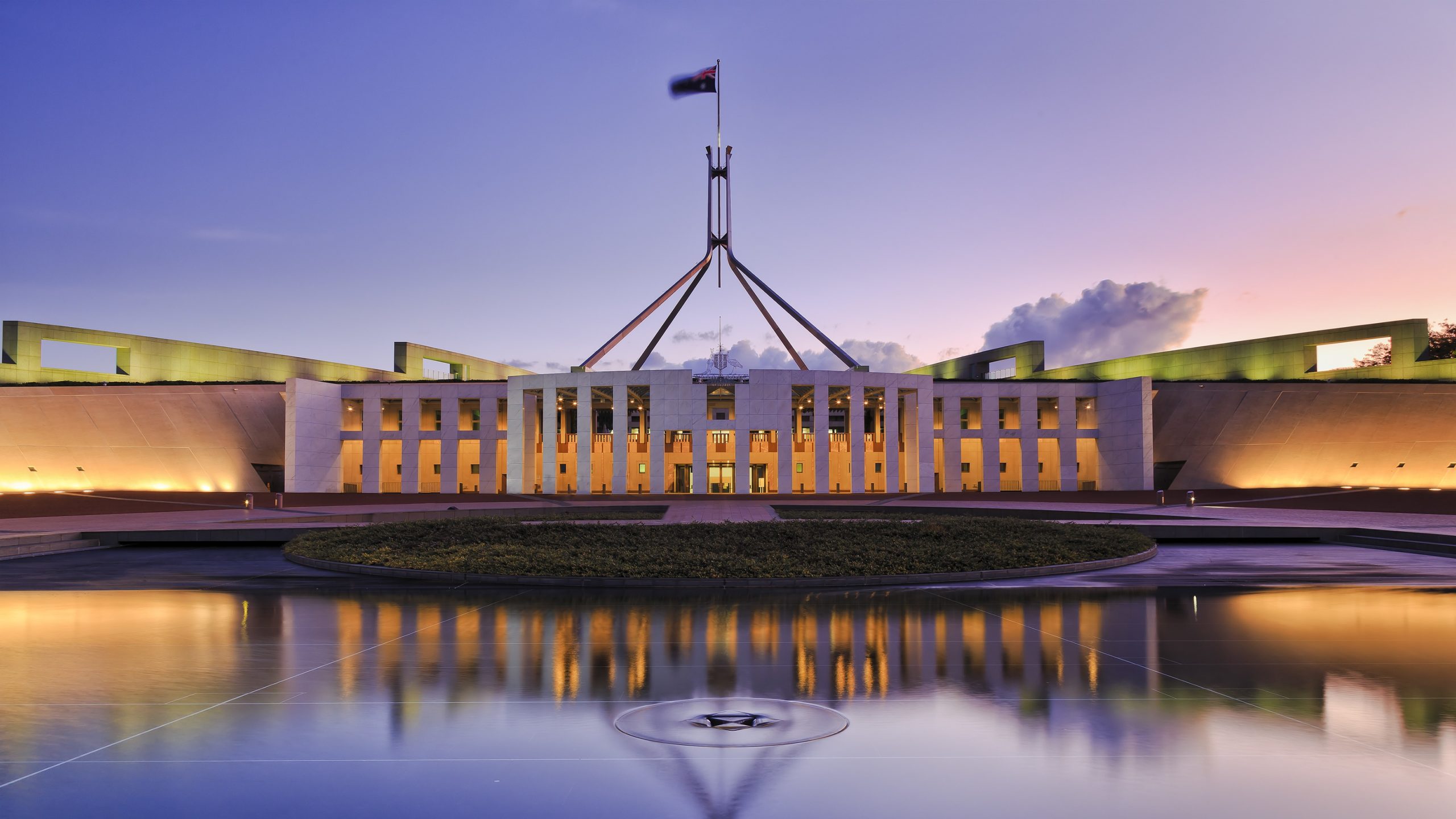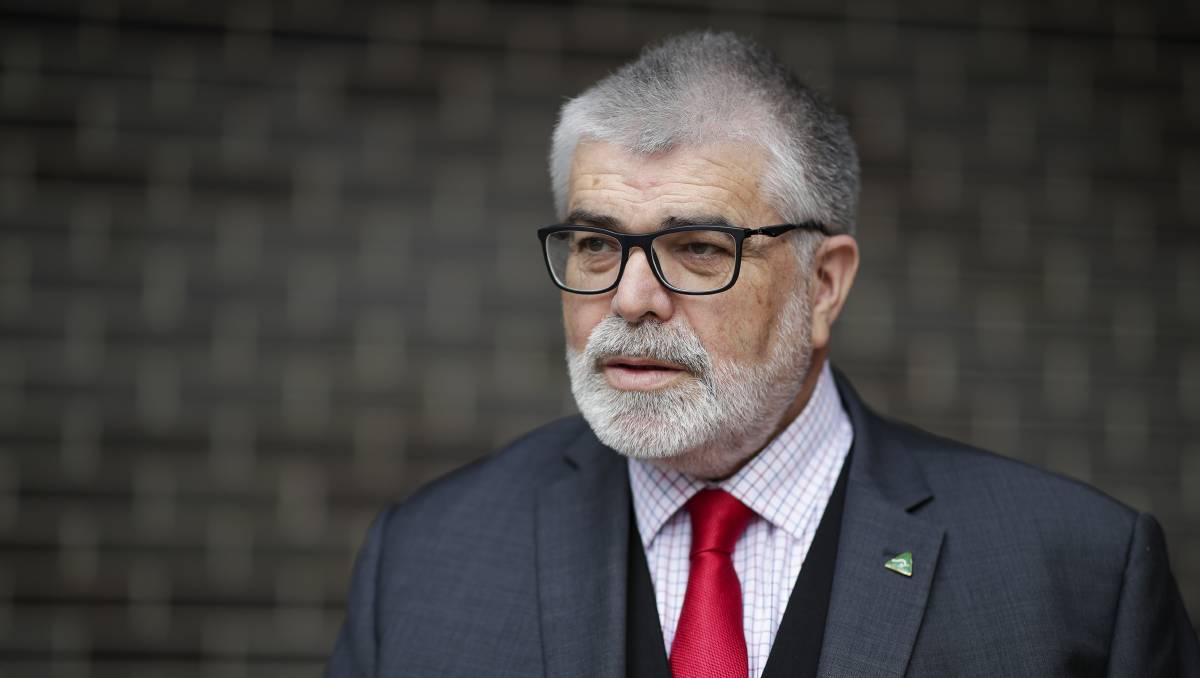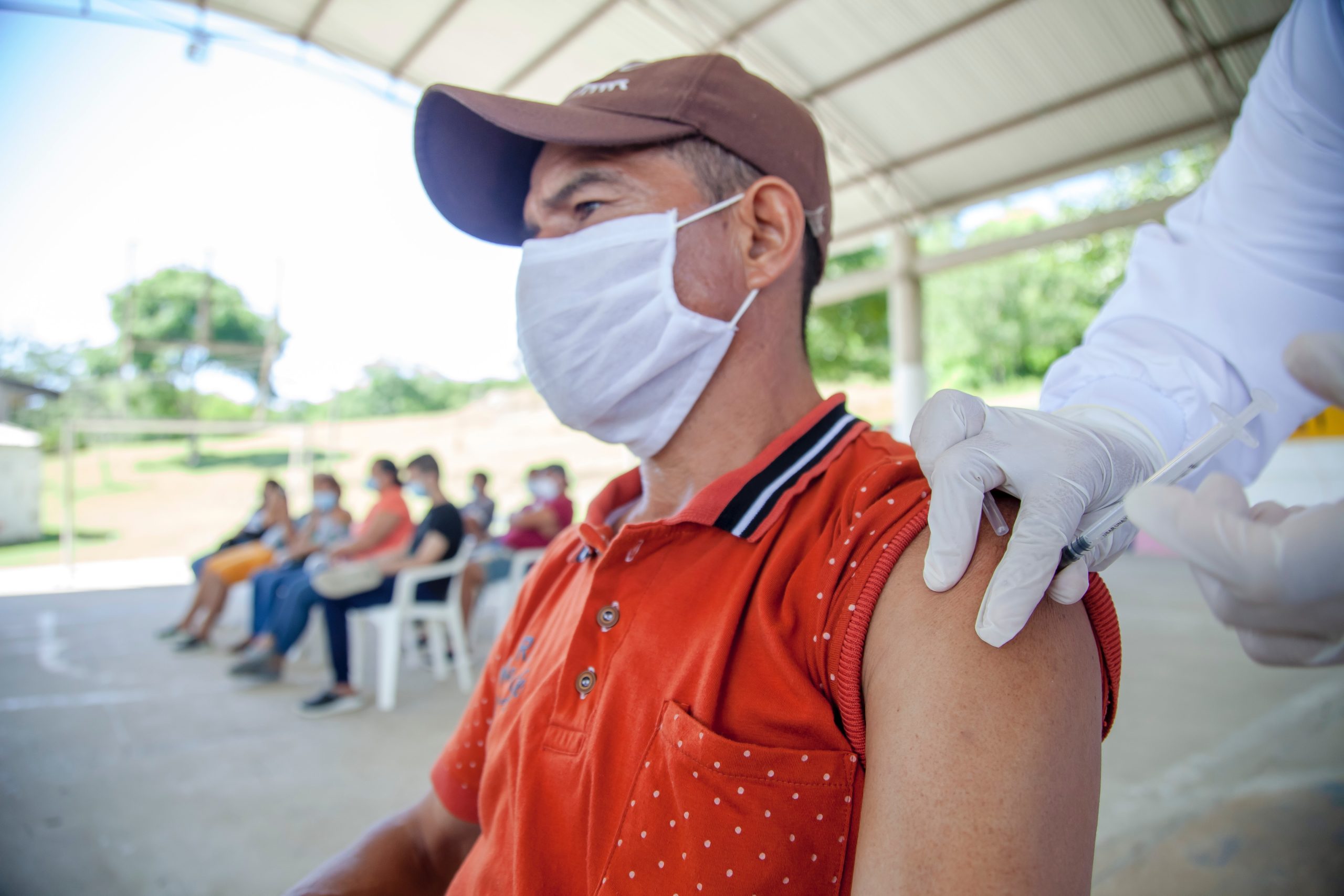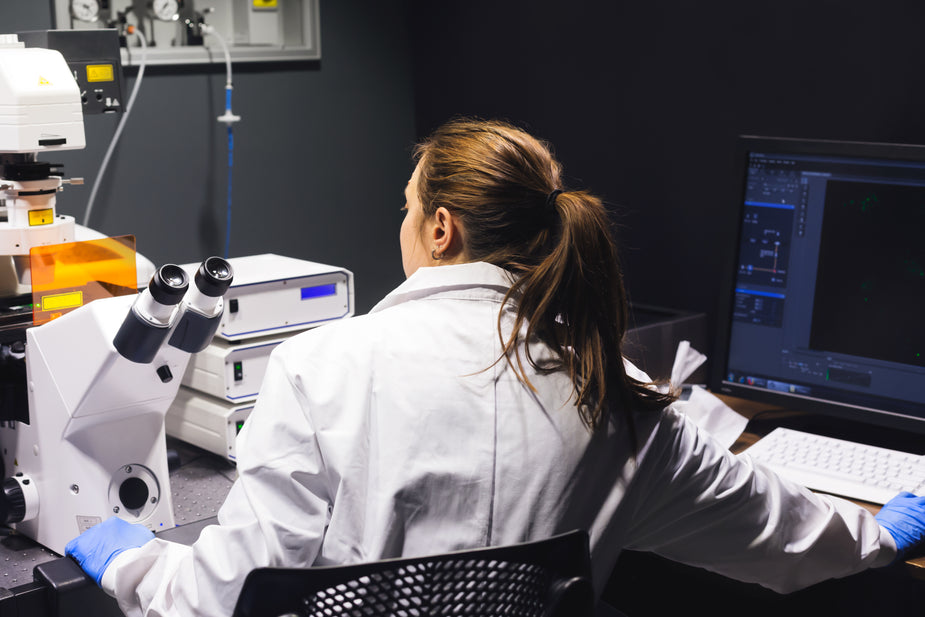Health Technology Assessment (HTA) Review Reference Committee will drive reform to support Australian patients
10 April 2022: The Health Technology Assessment (HTA) Review Reference Committee announced (via the Department of Health website) is tasked with driving major reforms to shape the future of Australia’s health system and provide faster access to medicines for patients.
Medicines Australia Chair, Dr Anna Lavelle, said Medicines Australia accepts the final composition of the Committee, which includes stakeholders from Government, industry, the health sector and, most importantly, the patient community.
The HTA Review has a clear goal to reduce the time that it takes for Australian patients to access new health technologies. The Review will undertake the first major review and reform of the HTA system in 30 years.
The Committee will be independently chaired by former senior public servant, Dr Peter Boxall AO, and will undertake the first major review of the HTA system in 30 years.
The other Committee members are Mr John Young (Medicines Australia); Professor Andrew Roberts AM (Clinical/Scientific Expert); Professor Andrew Wilson (Chair of the Pharmaceutical Benefits Advisory Committee); Ms Adriana Platona PSM (Government Representative); Dr Dawn Casey PSM (National Aboriginal Community Controlled Health Organisation – NACCHO); and Ms Ann Single (Patient Voice Initiative).
Following representations from Medicines Australia, the Minister for Health, the Hon Greg Hunt MP, agreed to expand the committee to include a second patient advocate and an additional member with recent scientific knowledge, including an understanding of the potential of future technologies for poorly addressed or unmet, medical needs.
Dr Lavelle said that the appointment of two patient advocates – Dr Dawn Casey PSM and Ms Ann Single – was crucial and very welcome.
“The lived experience of patients and the impact and benefits of new medicines must be at the core of the Committee’s deliberations and decision making,” Dr Lavelle said.
“The First Nations voice from NACCHO is vital.
“We are delighted that the biopharmaceutical industry will be represented by Mr John Young, who is highly respected across the health sector in Australia and internationally.
“A scientist by training, Mr Young served as the Group President and Senior Advisor to the CEO of Pfizer before his retirement this year. Mr Young has also served as Chair of the Medicines Australia Board from 2006-2007.
“John has a deep understanding of the pharmaceutical industry, the Australian healthcare system, and a passion for optimising access to innovative medicines.”
Dr Lavelle said it is crucial that the Chair operates completely independently of Government to lead the Committee to provide objective advice that will steer this important Review.
“The outcomes must lead to health system improvement and meet future patient needs and demands,” Dr Lavelle said.
“Following his long career in the senior levels of the public service, we are confident Dr Boxall’s breadth of experience and desire for system improvements will allow him to act independently of Government and seek wide ranging views and advice.”
The HTA Review will focus on medicines, biotherapeutics, and vaccines and will also include any related diagnostic tests and medical devices.
Medicines Australia CEO, Elizabeth de Somer said the HTA Review must ensure the Australian health system is equipped to embrace new medicines and technologies and meet the demands of future generations.
“Bold reform is needed to ensure better health outcomes for all Australians,” Ms de Somer said.
“This includes reducing time to access new medicines, keeping pace with new and emerging technologies, and building on Australia’s capacity to provide patients timely access to quality therapeutic care.
“It is significant that the independently chaired HTA Review is a core component of the five-year Strategic Agreement signed this year by the Australian Government and Medicines Australia.
“Medicines Australia will be very close to this Review at every stage,” Ms de Somer said.
More information about Health Technology Assessment (HTA) Review is available here.
Background
ABOUT JOHN YOUNG
John Young served as Group President and Senior Advisor to the Pfizer Chief Executive Officer prior to his retirement from Pfizer in mid-2022. A scientist by training, John has almost 35 years of experience with Pfizer and has held several senior positions across the organisation. Most recently, John was Group President, Chief Business Officer at Pfizer. He also played an integral role in the collaborations that led to the successful development and delivery of the Pfizer-BioNTech COVID-19 vaccine. Prior to this role, John was the Group President of Pfizer Innovative Health, which included six business units focused on developing innovative medicines or vaccines, and on increasing access for patients impacted by diseases with significant unmet need.
John was Managing Director of Pfizer Australia Pty Ltd between 2004-2007 and was Chair of the Medicines Australia Board from 2006-2007 during which period he worked closely with the industry stakeholders and policy makers who engaged to develop a landmark package of reforms to the Pharmaceutical Benefits Scheme, implemented in 2007 (National Health Amendment (Pharmaceutical Benefits Scheme) Bill 2007).
John will serve as a member of the board of directors of Haleon, the Consumer Healthcare Joint Venture between GlaxoSmithKline and Pfizer when it is separated later this year. He also serves on the board of Johnson Controls International (JCI) and Imbria Pharmaceuticals. John also previously served on the Board of BIO (Biotechnology Innovation Organization) and as a member of the UK Government bioscience working group, the Life Sciences Council where he Co-Chaired the Life Sciences Council sub-committee PAMP (The Patient Access to medicines Partnership) with UK Government Under Secretary of State for Innovation in the Department of Health, Lord James Bethel.
John holds a BSc in Biological Science from Glasgow University and an MBA from Strathclyde Graduate Business School. He is married with three daughters.
ABOUT MEDICINES AUSTRALIA
Medicines Australia leads the research-based medicines industry of Australia. Our members discover, develop and manufacture prescription pharmaceutical products, biotherapeutic products and vaccines that bring health, social and economic benefits to Australia. Our members invest in Australian medical research and take local discoveries and developments to the world.
Our mission is to drive policy outcomes in partnership with government, health sector organisations and the community which will ensure Australians have universal, affordable, and fast access to treatments that keep pace with advancements in medicine.
-ENDS-
Chrystianna Moran – 0424 995 118 / chrystianna.moran@medicinesaustralia.com.au.
John Flannery – 0419 494 761 / john.flannery@medicinesaustralia.com.au









